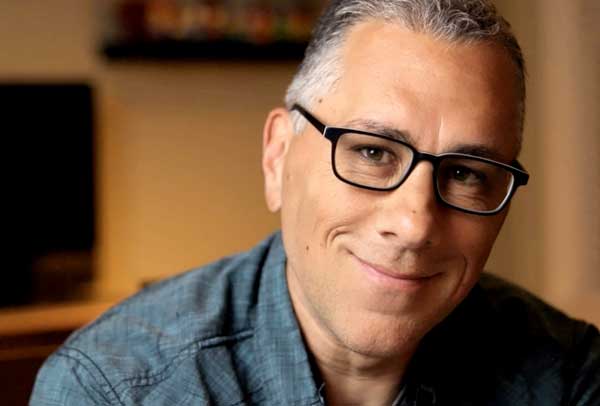Republished with permission from John Pavlovitz
The best way to bring folks together is to give them a real good enemy.—The Wizard, Wicked
They’re eating the cats, they’re eating the dogs.—Donald Trump
Citizens of Oz! There is an enemy who must be found and captured—Madam Morrible
We will get … transgender insanity the hell out of our schools and we will keep men out of women’s sports.—Donald Trump
When art imitates life, we who are alive look for ourselves within it.
Like ours, their destinies are similarly determined by their decisions: who they choose to be in moments of consequence; whether they will have the courage to stand in solidarity with the vulnerable or whether they will bend their knees to unearned, undeserved power, seeking the appearance of comfort in their care.
Spending two-and-a-half hours immersed in the flat-out brilliance of Wicked, it’s impossible to miss the parallels of the moments playing out in Oz there and those here in America:
A terrified charlatan, cowering behind a curtain as the blustering, bellowing caricature of himself incessantly peddles fear of the other: the different, the easily-separated, the vulnerable minority—holding unimaginative people captive by keeping them terrified of their neighbors by branding them the enemy within.
Alongside him, a willing and influential wielder of propaganda designed to tear a community apart from the inside, by trafficking in false accusations and lazy stereotypes; knowing if the message is loud and frequent enough it will eventually become gospel within scared people’s heads.
A brilliant, gifted individual longing to simply be seen and to belong, whose only crime was being born with characteristics which made her an easy target for those well-versed in the villainizing of the outcast; someone whose pigmentation, place of origin and, visible difference could be weaponized against her.
And in between the wizard, his propagandist, and the easily-terrorized mob—and their beautiful, innocent target: here we stand.
And in these moments, we are in real-time co-writing the evolving narrative of America, and the collective fate of so many here, who are not two-dimensional products of imagination and art, but fragile and finite flesh-and-blood human beings who will never be repeated, and who will not have the chance for a second act if they fall.
And this is where together as a nation, we will sink fully beneath the gravity of irrational fear or we will defy it an ascend together, by standing with those human beings made into grotesque straw man icons of a danger that does not exist: the supposed enemy within.
Either we will join the hysterical masses in persecuting those around us or we will push back against the predators in power who would profit off the blood that we spill in the wars they draft us into.
This isn’t a particularly joyful story right now in America.
These are not the days we’d have chosen to find ourselves in, friends; this sickening script far from the one we expected to be inhabiting. But since we are here, we will be the authors of our shared destinies in the small and close space of our choices, both individually and in concert.
And that is where our agency is magical, our force beyond what the Wizard and the fear-mongers can fathom, our power—unlimited.
Yes, our Oz may be a place of nightmares presently, but we do not have to embrace them or consent to them or accept them. We simply need to remember who we are.
Glinda tells Elphaba not to be afraid of those in power who assail her despite how outnumbering they appear, and her response is a reminder of what happens when the good-hearted people face the wicked:
I’m not afraid. It’s the Wizard who should be afraid of me.
Witnessing the small man behind the terrible facade, Elphaba explodes at the Wizard with a realization that in the same instant becomes a revolution—fueling declaration:
You have no real power!
Power in this life may not be easy to quantify, especially when we are distracted by the noise and bombast around us.
This is our moment to elevate humanity, to defy the gravity of fear pulling so many into the worst of themselves. It is our chance to resist the jittery, unremarkable fraud behind the curtain by exposing him and refusing to respect or bow and obey.
The beautiful news is that in this life, in the nonfiction we are find ourselves in, we get to craft the ending together.
May we artfully oppose the wicked now.
And nobody in all of Oz,
no wizard that there is or was,
is ever gonna bring me down.

John Pavlovitz
John Pavlovitz is a writer, pastor, and activist from Wake Forest, North Carolina. A 25-year veteran in the trenches of local church ministry, John is committed to equality, diversity, and justice—both inside and outside faith communities. When not actively working for a more compassionate planet, John enjoys spending time with his family, exercising, cooking, and having time in nature. He is the author of A Bigger Table, Hope and Other Superpowers, Low, and Stuff That Needs to Be Said.
